| Sorted by date | |||
page199from Building Ideas
level of every day “tactics”. This
difference was theorized more specifically in the work of Michel de Certeau,
who was also influenced by Lefebvre’s writing on everyday life, in the
development of his notion (with reference also to Foucault) of an “anti-disciplinary”
practice of resistance to authority:
Many
everyday practices (talking, reading, moving about, shopping, cooking, etc.)
are tactical in character. And so are, more generally, many ‘ways of operating’;
victories of the ‘weak’ over the ‘strong’(whether the strength be that of
powerful people or the violence of things or of an imposed order, etc.), clever
tricks, knowing how to get away with things, ‘hunter’s cunning,’ … The Greeks
called these ‘ways of operating’ metis. But they go much further back to the
immemorial intelligence displayed in the tricks and imitations of plants and
fishes. From the depths of the oceans to the streets of modern megalopolises,
there is a continuity and permanence in these tactics.34
This
idea of appropriation is described by de Certeau as a mode of resistance to the
dominant practices of capitalism in modern society. This also parallels an idea
of Barthes on the subversion of dominant discourses, and the ways in which the
active reader reappropriates a text – as de Certeau would have it, reading as “poaching”
– or meandering through a text like Benjamin’s wandering flâneur. This technique
of creative reading, which becomes almost an act of rewriting, is likened by de
Certeau to the inhabition of space, and he also connects this idea with
improvisation in poetry:
This
mutation makes the text habitable, like a rented apartment. It transforms
another person’s property into a space borrowed for the moment by a transient. Renters
make comparable changes in an apartment they furnish with their acts and
memories; … as do pedestrians, in the street they fill with their desires and
goals. … The ruling order serves as a support for innumerable productive
activities, while at the same time blinding its proprietors to this creativity …
Carried to its limit this order
|
|||
|
|||
|
|
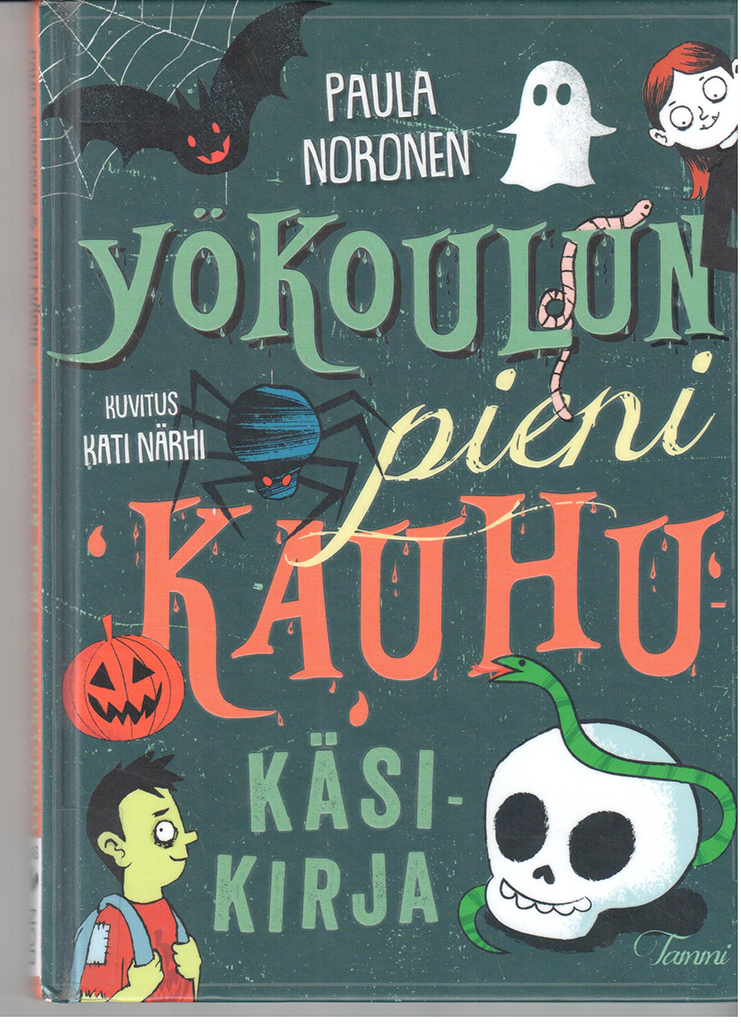 ... ...
... ...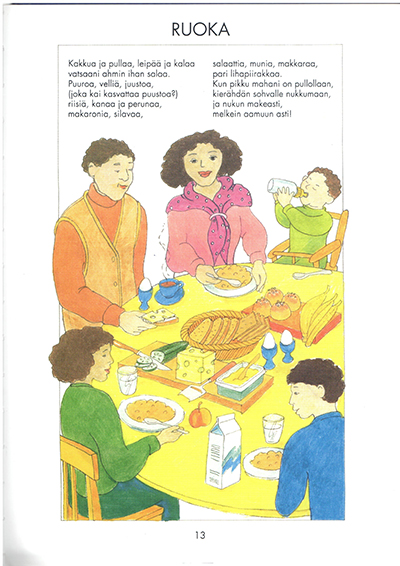 ... ...
... ... ... ...
... ...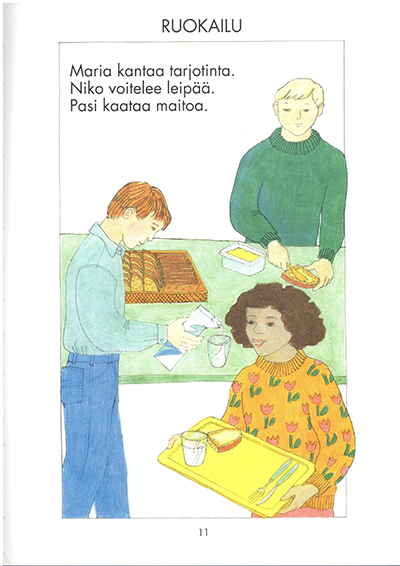 ... ...
... ...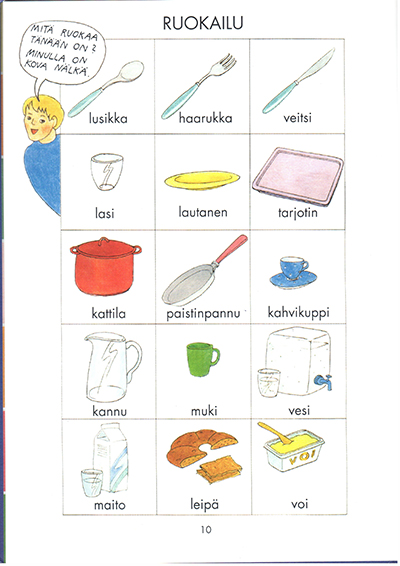 ... ...
... ...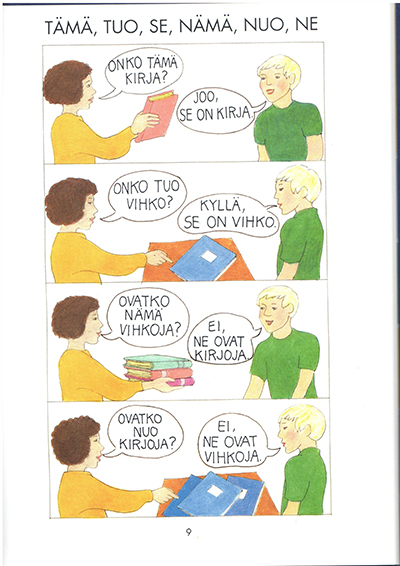 ... ...
... ...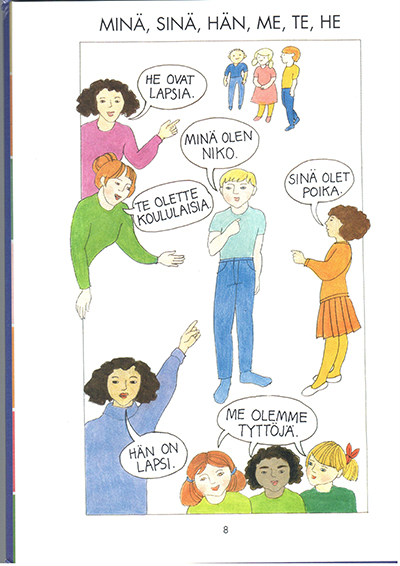 ... ...
... ...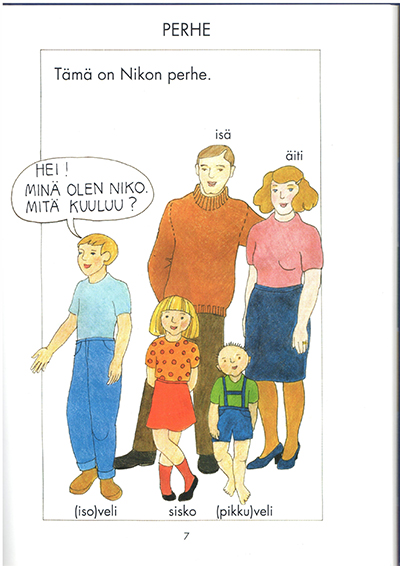 ... ...
... ... ... ...
... ...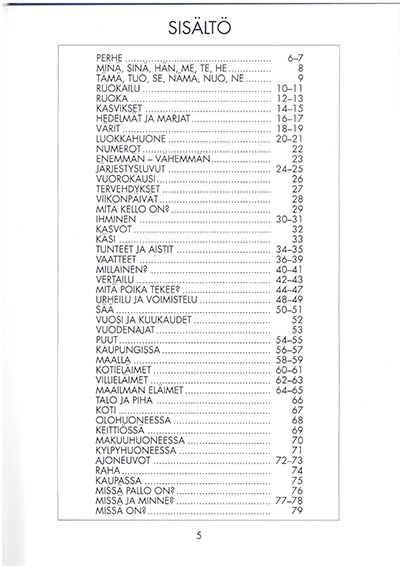 ... ...
... ... ... ...
... ... ... ...
... ...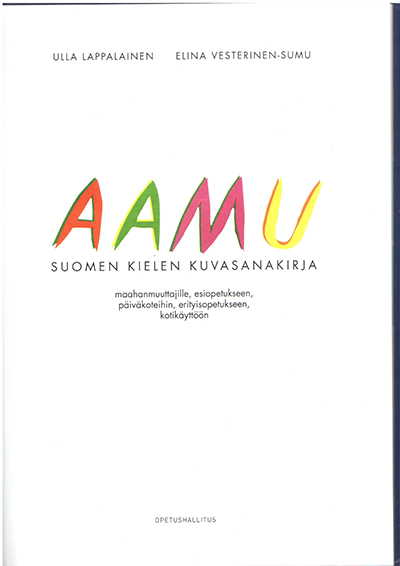 ... ...
... ...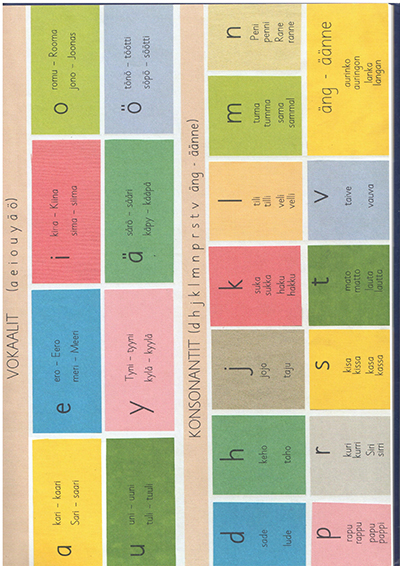 ... ...
... ...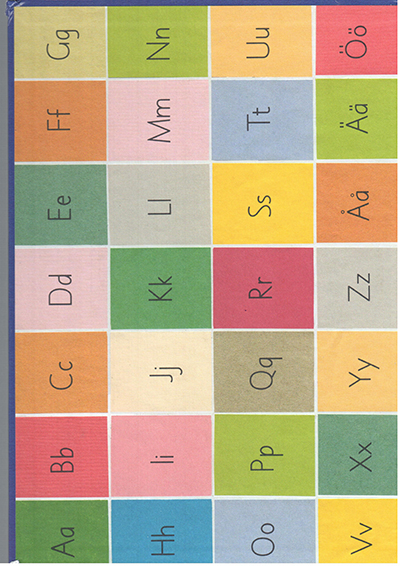 ... ...
... ...